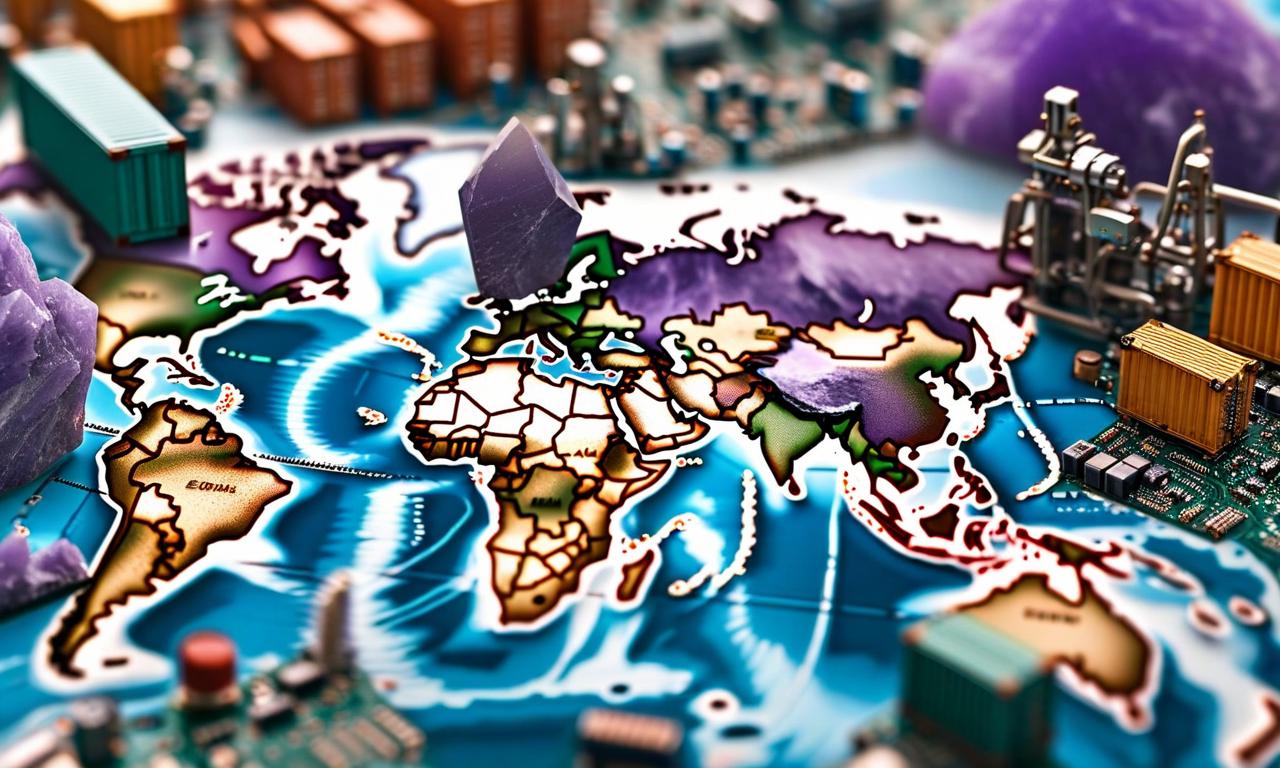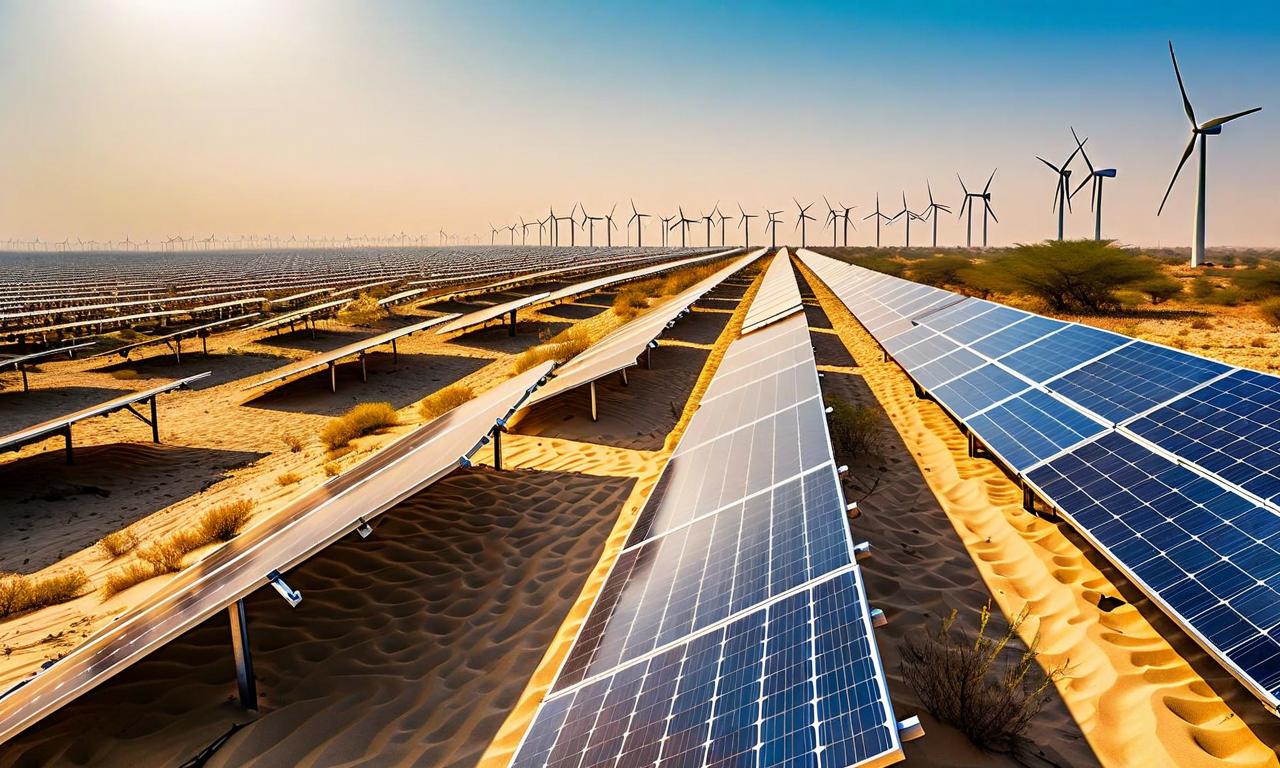US Rallies Global Support Against China's Rare Earth Export Restrictions
US Treasury Secretary Scott Bessent is leading efforts to form a global alliance against China's new rare earth export restrictions. China has implemented stringent rules requiring licenses for exports containing over 0.1% of domestically sourced rare earths and products made with Chinese technologies. The US is reaching out to India, European nations, Australia, and Canada for support, despite maintaining tariffs on some of these countries. This dispute affects sectors like electric vehicles, wind turbines, semiconductors, and defense systems. The US has threatened retaliatory tariffs of up to 100% on Chinese goods in response.

*this image is generated using AI for illustrative purposes only.
US Treasury Secretary Scott Bessent is spearheading efforts to build a global alliance against China's new rare earth export restrictions, signaling a potential escalation in the ongoing trade tensions between the two economic powerhouses.
China's New Export Controls
China has introduced stringent new rules for rare earth exports:
| Restriction | Details |
|---|---|
| Export Licenses | Foreign entities must obtain government licenses to export products containing more than 0.1% of domestically sourced rare earths |
| Technology Restriction | Licenses required for products manufactured using Chinese technologies |
| Military Use | Exports for foreign military use prohibited |
These restrictions are significant given China's dominance in the rare earth market:
| Aspect | China's Global Share |
|---|---|
| Rare Earth Mining | 70.00% |
| Rare Earth Processing | 90.00% |
US Response and Global Outreach
Treasury Secretary Bessent is actively seeking support from India and European nations to counter these restrictions. This move comes despite the US maintaining tariffs on these same countries, highlighting the complexity of current global trade dynamics.
Bessent characterized the dispute as 'China versus the world,' emphasizing the need for a collective response. The US is looking to form a united front with partners including:
- Europe
- Australia
- Canada
- India
Implications and Potential Fallout
The rare earth dispute has far-reaching implications for various sectors:
| Affected Sectors |
|---|
| Electric Vehicles |
| Wind Turbines |
| Semiconductors |
| Defense Systems |
Beijing has defended its actions, citing national security concerns amidst rising geopolitical tensions. In response, the US has threatened retaliatory tariffs of up to 100% on Chinese goods, potentially escalating the trade conflict.
Analysis
This dispute underscores the intricate balance of global supply chains and the strategic importance of rare earth elements in modern technology and defense. The US's effort to build a coalition against China's export restrictions highlights the interconnected nature of global trade and the challenges of navigating economic relationships in an increasingly complex geopolitical landscape.
As this situation develops, it will be crucial to monitor how other nations respond to the US call for alliance and how this might reshape global trade dynamics, particularly in critical technology sectors.




























